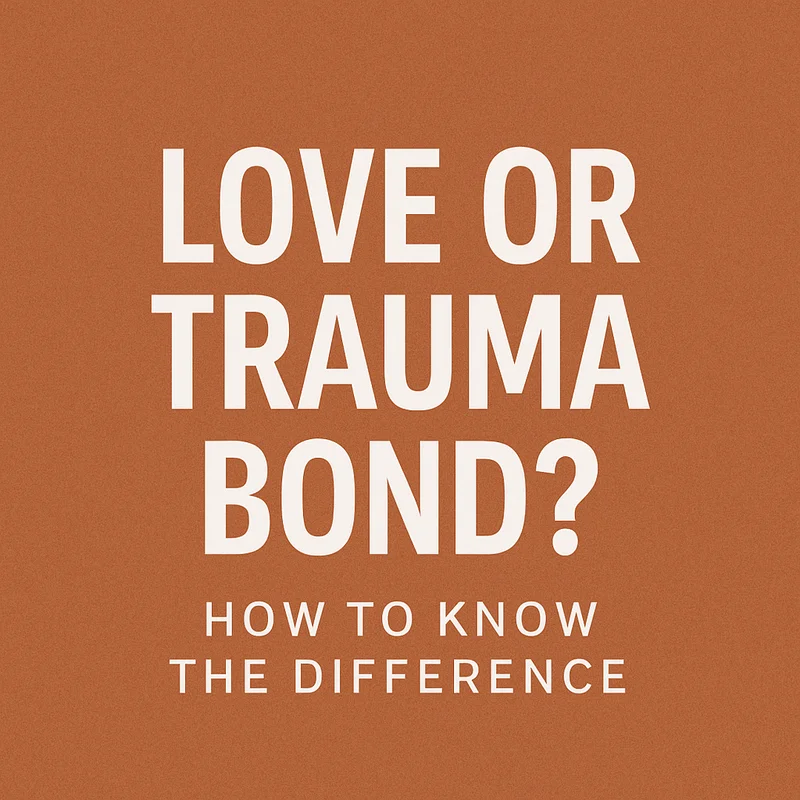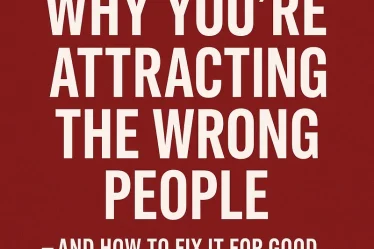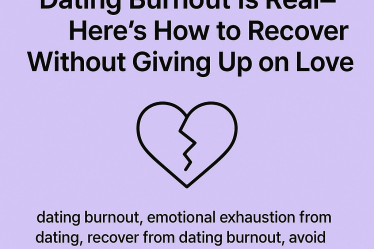
Introduction
We all crave deep, emotional connections. But sometimes, what feels like love is actually something much more complex—and potentially harmful. If you’ve ever been stuck in a relationship that felt intense, addictive, or confusing, you might not have been in love at all. You may have been in a trauma bond.
In this article, we’ll explore the key differences between love and trauma bonding, how to recognize the signs, and most importantly—how to protect yourself from relationships that drain your emotional energy rather than nurture your soul.
What is a Trauma Bond?
A trauma bond is a powerful emotional attachment formed through cycles of abuse, emotional manipulation, or inconsistent affection. Often seen in toxic relationships, trauma bonds keep people stuck, even when the relationship is clearly harmful.
These bonds usually form when there’s a cycle of emotional highs and lows—think love bombing followed by emotional withdrawal, apology followed by more harm. Over time, the brain becomes addicted to the unpredictability, mistaking drama for passion.
🔍 Psychologist Dr. Patrick Carnes first introduced the term, highlighting how trauma bonds mimic addictive behavior and keep people emotionally trapped.
What Does Healthy Love Look Like?
In contrast, healthy love is grounded in trust, stability, and emotional safety. It doesn’t feel like walking on eggshells. There’s no guessing game. You feel secure in the connection, not anxious or confused.
✅ Here’s what real love includes:
- Mutual respect and emotional support
- Clear and open communication
- Shared values and life goals
- Safety in vulnerability
- Consistent effort from both sides
Healthy love helps you grow—it doesn’t make you shrink.
Love vs. Trauma Bond: Key Differences
Let’s break it down in simple terms:
| Aspect | Genuine Love | Trauma Bond |
|---|---|---|
| Emotional Consistency | Stable and predictable | Hot and cold, emotionally chaotic |
| Conflict Resolution | Respectful conversations | Manipulation, blame, or gaslighting |
| Personal Growth | Encouraged and supported | Stifled or discouraged |
| Emotional Experience | Peaceful and secure | Addictive, anxious, or confusing |
| Your Role in the Bond | Equal partner | Often feels like a caregiver/victim |
Signs You’re in a Trauma Bond
Not sure where your relationship stands? Here are 6 signs you might be in a trauma bond:
- You feel stuck – Despite being unhappy, you can’t seem to leave.
- You rationalize their behavior – You make excuses for things that hurt you.
- The relationship started off too fast – Love bombing and intense affection early on.
- You feel addicted to the highs – You crave their affection even when it hurts.
- Others are concerned – Friends or family notice red flags you might overlook.
- You feel smaller, not stronger – Your confidence and self-worth have taken a hit.
Remember, intense doesn’t always mean intimate.
Why Trauma Bonds Happen
Trauma bonds don’t appear out of nowhere—they’re usually rooted in unhealed emotional wounds.
Many people with insecure attachment styles or childhood trauma are more susceptible. When you’ve grown up around unstable love, your brain may start to associate inconsistency with affection.
🧠 On a neurological level, trauma bonding is fueled by a mix of dopamine and cortisol, released during emotional ups and downs—making the relationship feel addictive.
It’s a cycle of “hurt and reward” that mirrors the brain chemistry of addiction.
How to Break a Trauma Bond
Breaking free isn’t easy, but it’s possible—and worth it. Here’s how:
- Recognize it’s not real love – Name the cycle for what it is.
- Go no contact (if safe to do so) – Distance is essential for clarity.
- Seek professional help – Trauma-informed therapy (like CBT or EMDR) can be life-changing.
- Build a support system – Surround yourself with friends, family, or support groups.
- Relearn what love should feel like – Self-love is your foundation.
Healing takes time. But every step forward is a step toward freedom.
When to Seek Professional Help
If you’re in a relationship that leaves you feeling broken more than built up, therapy can help. Especially if:
- You experience anxiety or depression tied to the relationship
- You have a history of abusive or toxic partnerships
- You struggle with self-worth or boundary-setting
Therapies like CBT (Cognitive Behavioral Therapy), EMDR, or attachment-based therapy are effective for unlearning trauma patterns and rebuilding healthier relationship models.
Final Thoughts: Love Should Heal, Not Hurt
Trauma bonds often masquerade as love—but love shouldn’t leave you anxious, insecure, or lost. Love is steady, safe, and nurturing. If your relationship feels like a roller coaster you can’t get off, it might be time to pause and reflect.
You deserve more than intensity—you deserve intimacy.
You deserve more than drama—you deserve peace.
And remember: healing is not only possible—it’s your birthright.



